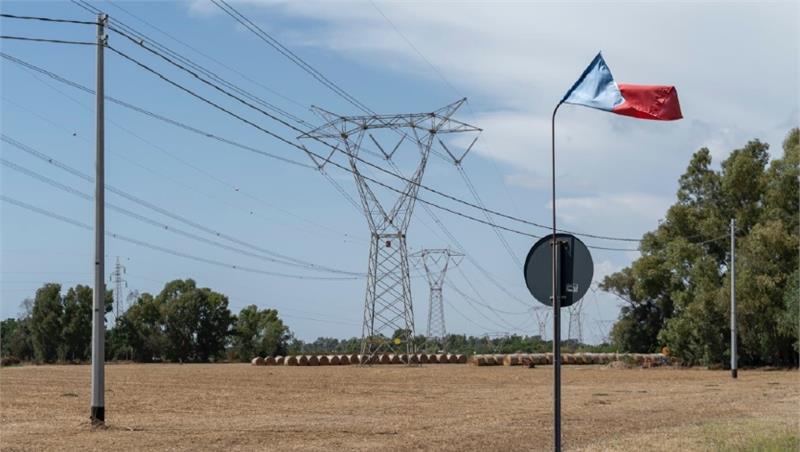Re-education to hope. Collective futures for traumatized territories
curated by Giovanni Caudo and Federica Fava
14 November 2025 | 3.00 - 6.30 pm
Palazzo Michiel | Venice
Introduction by Giovanni Caudo and Federica Fava
Keynotes: Alexandre Monnin and Federica Gatta
Discussant: Stefano Munarin, Remi Wacogne and Egle Rindzeviciute
6.00 Aperif
Modernist urban settlements originated from utopian ideals, emerging as a response to the post-war need to rebuild European cities in accordance with new ways of life. More than ever, architecture and urban infrastructure have become symbols of this optimism, promising a prosperous all too often betrayed by the extraction of value without limits and, in the last thirty years, by deindustrialisation, economic depression, and pollution. The pervasiveness of these modern ruins thus goes in parallel with the emergence of collective traumas, stigmatisation, disengagement, and a sense of distrust. However, in the current triple crisis—economic, social, and climatic—local participation has become a fundamental component in urban planning to combat inequalities, impoverishment, and to mitigate and adapt to climate change. In this context, heritage-making is a powerful vehicle for community engagement, and a way to counter the technocratic approach that still dominates the planning sector: not only to recognise lesser-known histories but also to rework memories and pains embedded in the territory. Focusing on the relationships between bodies and the land, animating what Latour called the process of returning to the Earth, these processes serve as levers to advance urban and architectural 'demodernisation', opening up new perspectives of hope and sharedness.
Link identifier #identifier__154872-1Locandina
Link identifier #identifier__34322-2Incremental hope description
Re-education to hope. Collective futures for traumatized territories - Dipartimento di Economia Aziendale
 Dipartimento di Economia Aziendale
Dipartimento di Economia AziendaleDipartimento di Economia Aziendale dell'Università degli Studi Roma Tre
Department of Business Economics
Dipartimento di Economia Aziendale dell'Università degli Studi Roma Tre
